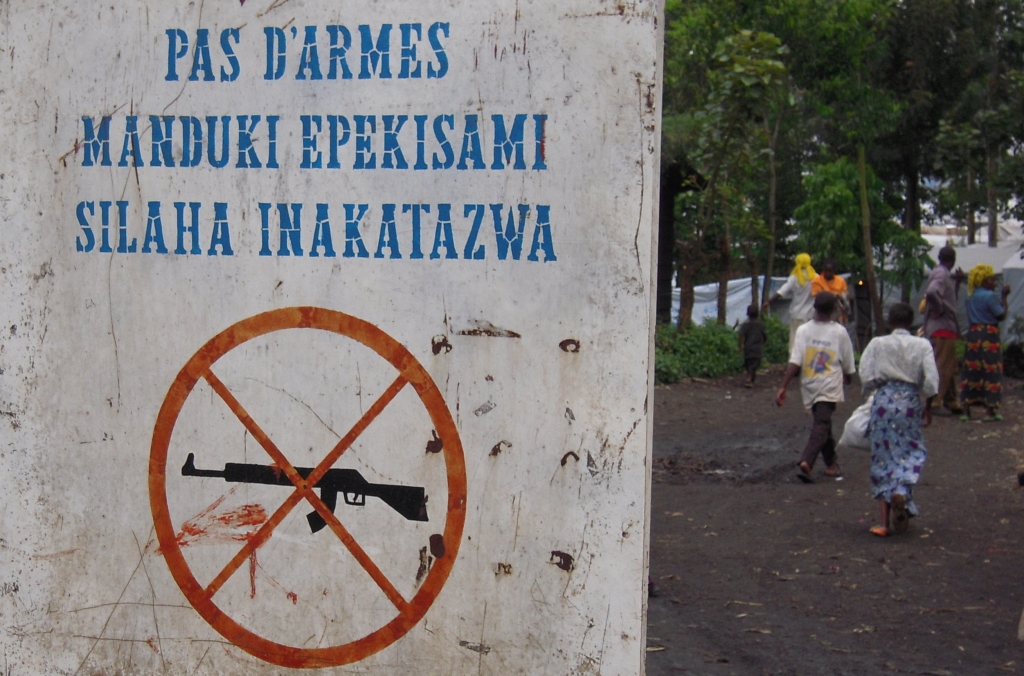The Congolese will go to the polls in November to elect a new president. The country held its first democratic election in 45 years in 2006 following a long conflict. The vote ran relatively smoothly despite fears of violence. Caritas Congo has met with other Catholic agencies from Switzerland, Belgium, Germany, the US, the UK and Spain to plan how to best prepare communities for the upcoming elections. Bruno Miteyo, secretary general of Caritas Congo, explains some of the issues around voting.
The people of the Democratic Republic of Congo(DRC) are wondering if the elections will really be democratic and if they’ll be an expression of their will – or if they’ll be manipulated in a way that the outcome reflects a decision that has already been taken by others
Our main worry at Caritas Congo is security before, during and after the election and how the election will be organised. We want people to be able to know enough about the electoral process for them to be able to monitor what’s really going on. It’s important that people get their voting cards without difficulties and that the timing of the election is observed. It’s also important that the media is balanced and that the free choice of the electorate is respected. But above all, it’s important that the vote takes place without violence.
Certain parts of Congo don’t have a stable security situation. It’s possible that a certain group that isn’t happy with the election results could use violence to create chaos. Current tension in the east already illustrates this possibility. Whereas in Kinshasa (in the west) people are relatively free to express themselves, in other parts of the country people are being arrested for their political convictions or, for example, because they’ve distributed photos of members of the opposition. Then there’s the question of the army. Is it really neutral?
Caritas has already started preparing for the elections. We’ re collaborating with other Catholic agencies and the Episcopal Commission for Justice and Peace on a civic and electoral education plan. Other Catholic agencies have asked us to work on a contingency plan to avert a possible humanitarian crisis before and after the elections.
In fact through our diocesan network we’ve been preparing communities for the elections for months. We do this through activities regarding mediation and monitoring. We also do awareness raising in communities so they know what to expect of the election process. We did similar work around the 2006 elections. We really helped communities gear up for the elections and when a humanitarian crisis did erupt around Kinshasa we were able to care for the injured and give them medical help.
In a country with poor governance and weak civil society, the social outreach of the Church promoting the democratic process allowed people to engage properly in the 2006 election. We hope for the same in 2011. Without such help these people in vulnerable communities remain politically, socially and economically marginalised and have no power over their own future.

